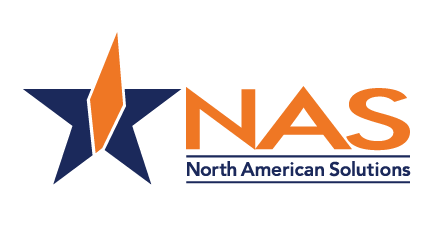Guarding Against Financial Fraud in Educational Institutions
Financial fraud can be a significant threat to educational institutions, siphoning off funds meant for crucial programs and services. To safeguard against these risks, it's essential for school districts to be proactive in their approach. Here are five valuable tips for preventing fraud in educational institutions:
1. Establish Strong Internal Controls: According to the Association of Certified Fraud Examiners (ACFE), almost 95 percent of fraud perpetrators take steps to hide their actions. To counter this, educational institutions should set up robust internal controls. These controls should include segregation of duties, regular financial reviews, and clear reporting structures to detect and prevent fraud effectively.
2. Implement Hotlines: Encourage a culture of accountability and transparency within your institution by establishing hotlines for employees to report suspicious activity anonymously. This empowers staff to speak up when they notice something amiss, facilitating early intervention in potential fraudulent activities.
3. Perform Surprise Audits: Regular audits are crucial, but surprise audits can be even more effective at catching fraudsters off guard. Unannounced financial checks can uncover irregularities that might otherwise go unnoticed. These audits should be thorough and include a review of financial records, transactions, and procurement processes.
4. Utilize Data Analysis: Leverage data analysis tools and software to monitor financial transactions. Anomalies and patterns indicative of fraud can often be detected through data analysis. By regularly examining financial data, educational institutions can quickly spot any unusual trends or transactions that require further investigation.
5. Train Employees: Education is key to prevention. Offer training programs to employees and stakeholders on recognizing the signs of financial fraud, ethical conduct, and reporting procedures. When staff members are educated about fraud risks and prevention, they become active participants in the institution's defense against financial wrongdoing.
In conclusion, guarding against financial fraud in educational institutions necessitates a proactive stance, strong internal controls, and a vigilant staff. By implementing these tips and fostering a culture of integrity, educational institutions can reduce their vulnerability to financial fraud and better protect their resources for the benefit of students and the community.
